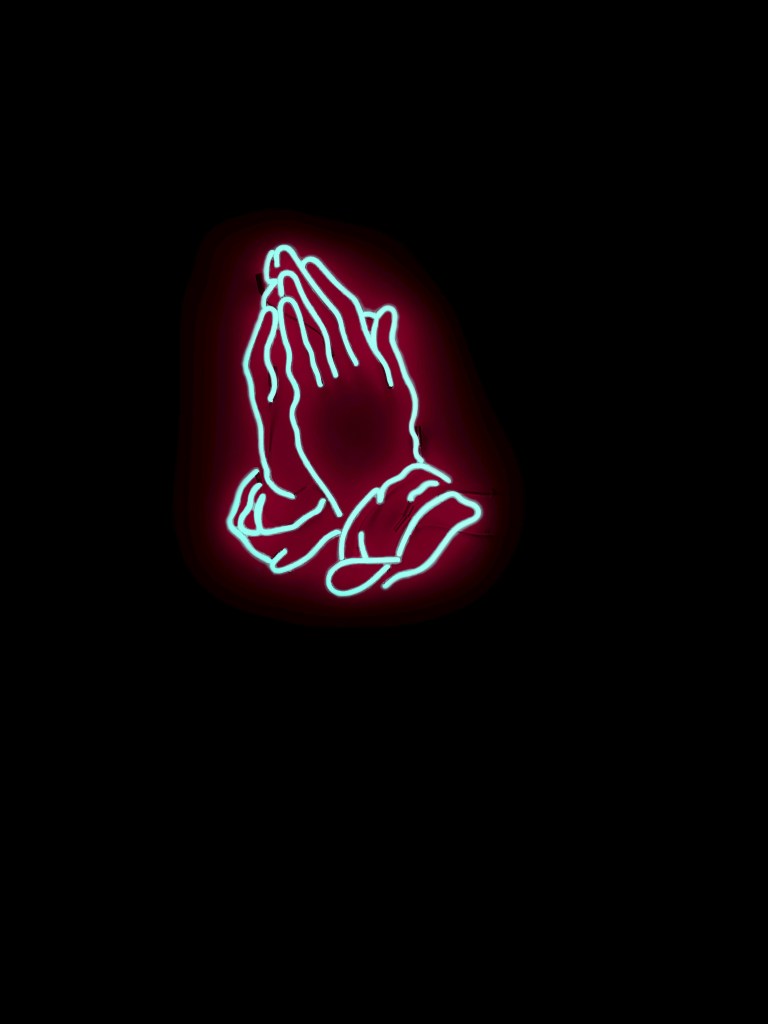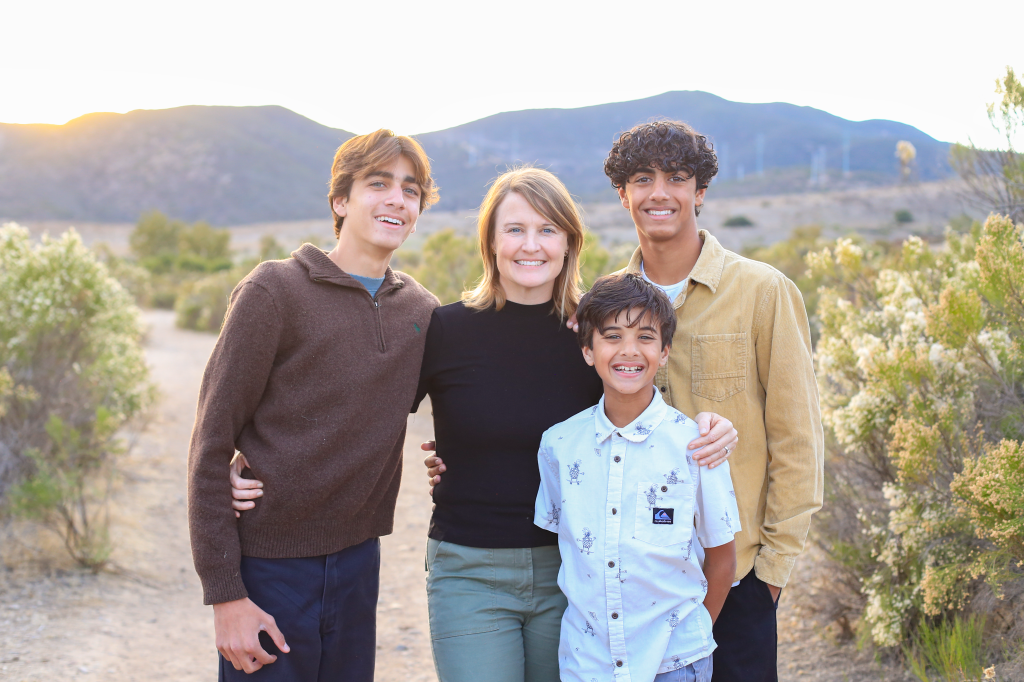One look from my most loved ones can level me. A look of fear from my son on the pitching mound makes me ready to climb the fence and rescue him. A silly look of affection from one of my teenaged sons covers a thousand little irritations and miscommunications. The upturned, attentive face of my husband when I am hurting says more than a million missives.
Those who live together in close quarters know that there is a language without words. An upturned chin, a sharp glance, a tender gaze– these speak volumes in closely-attuned relationships. In fact, just this past Sunday at church, a dear friend caught on to our inter-family communication (which happened, at that moment, to be the frustrated-mom signal). He then proceeded to make crack us all up with his very fine-tuned impression of my silent signal to one of my sons. Maybe we need less-easily-intercepted signals. But I digress.
This Easter Monday, a stanza from George Herbert’s “Prayer (III)” reminded me of the accessibility of our incredibly-attuned God:
“Of what an easy access,
My blessed Lord, art thou! how suddenly
May our requests thine ear invade!
To show that state dislikes not easyness,
If I but lift mine eyes, my suit is made:
Thou canst no more not hear, than thou canst die.”
Though I’ve read this poem before, the last two lines struck me anew, perhaps because we had celebrated Christ’s inability to stay dead the day before. Christ can’t die, and he can’t not hear his children. In fact, he died so that God could, without separation or hindrance, hear directly from his children. He offered himself in atonement so we might know the Father’s attunement.

I’ve been musing on those two little lines for a few days now, alternating between awe and disbelief. That the God of the universe notices my needy gaze is hard for me to believe, but I long to believe it and become completely persuaded of this precious reality. My mind knows it, but I long for my emotions and body to join my brain in believing this kind of security.
Unlike me when reading my children’s various gazes, God has not only depth of care but also complete control. I can’t help my son pitch or heal a hurting heart or secure peace, but the God of the universe most assuredly can.
He hears sighs as loud, clear cries (Romans 8: 26–27). He reads looks like letters. He knows what we need before we do. Before a word is formed in our mouths, his mind knew it (Psalm 139:4–6). In the book of Exodus, God reassured the captive Israelites that he was the God who saw and heart his people: “And God heard their groaning, and God remembered his covenant with Abraham, with Isaac, and with Jacob. God saw the people of Israel– and God knew” (Exodus 2:24).
Though it is only one verse, there is enough fodder here for the fires of our faith: God heard. God remembered. God saw. God knew.
In his short but powerful book With Christ in the School of Prayer, Andrew Murray wrote that all true prayer begins when we are able to say and mean: “My father sees. My father hears. My father knows.”
I don’t know how to translate sighs, and I can’t see your looks of pleading desperation. But there is One who does. I pray that you would know the astonishing attunement of his love today.






